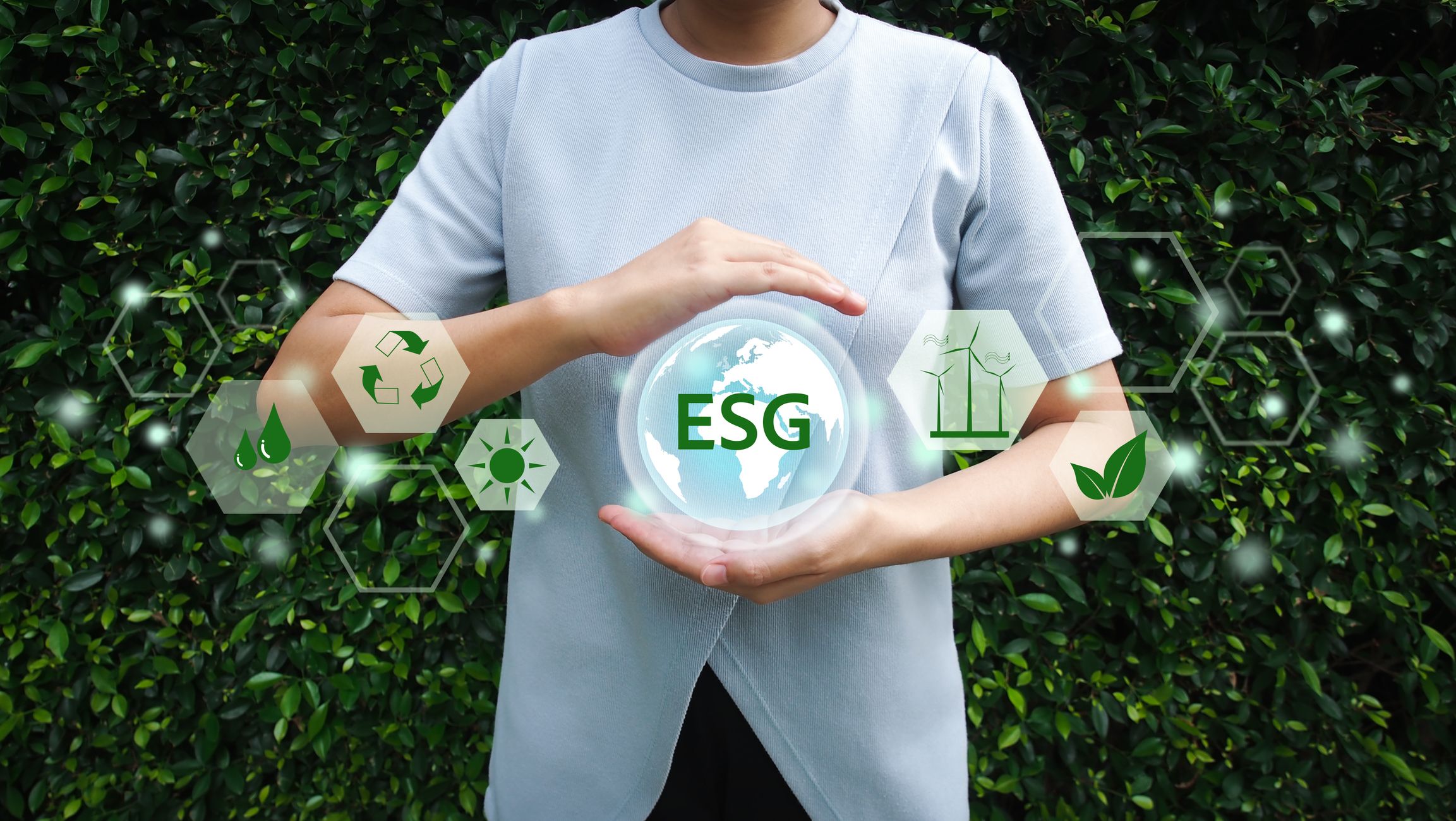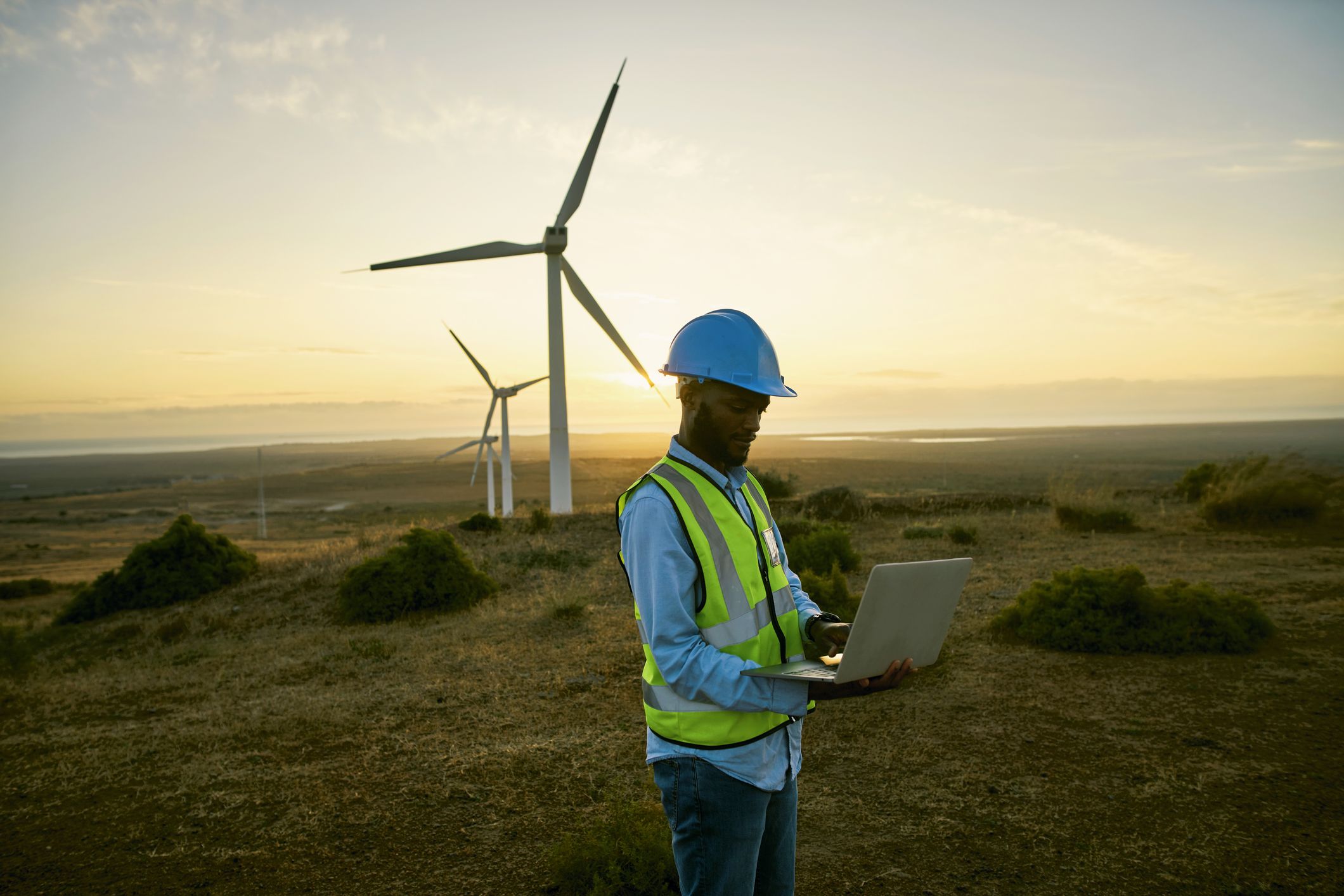
Standard Bank has revised its climate policy, pledging R450 billion in sustainable finances by 2028. The move supports Africa’s just energy transition and renewable energy projects, balancing growth, decarbonisation, and modern energy access across the continent.
The Standard Bank Group has announced plans to almost double its sustainable finance targets by 2028. The group aims to maximise the positive impact and manage risk while supporting a just energy transition on the African continent.
In March, the bank released its revised climate policy, committing to mobilise over R450 billion in sustainable financing by 2028. In 2022, Standard Bank established an earlier target of R250 billion in sustainable finance by 2026. To date, it has already financed R177 billion since 2022. By 2024, the bank’s energy supply ratio—the share of finance directed towards renewable power generation compared to non-renewable power—was 5.96 times.
Boitumelo Sethlatswe, head of sustainability at Standard Bank South Africa, explained: “The reason we did this (set a new target) is that we have been able, through refining our processes, to integrate sustainable finance as a capability across the group. By looking at other asset pools that we could include, we are in a position to actually revise that target,”
Sethlatswe stated that the bank’s strategy to meet this ambitious target is both credible and complementary.
Central to this approach is a sustainable finance framework designed to ensure transparency regarding eligible projects. She added that this framework would play a critical role in achieving the set target.
“We are very clear in supporting our clients through their transitions (to sustainable energy), from our large corporations all the way to SMEs and homeowners,” she said.
Boitumelo Sethlatswe, head of sustainability at Standard Bank South Africa
Boitumelo Sethlatswe, head of sustainability at Standard Bank South Africa
The targets encompass both social and green initiatives, with specific allocations of R100 billion for each. This approach underscores the group’s broader sustainability agenda and its commitment to maximising positive impact.
The group has also emphasised its dedication to renewable energy as a key growth sector by financing groundbreaking projects. Among these is the Battery Energy Storage System (BESS) project—a pioneering initiative critical to energy transmission across the region.
In addition, the bank has been an active participant in South Africa’s Renewable Energy Independent Power Producer Procurement Programme (REIPPPP). Notably, the Doornhoek Solar PV Project in North West Province was implemented in partnership with Ziyanda Energy and Dzimuzwo Energy, under Bid Window 6, operating under a 20-year purchase agreement with Eskom, is set to generate sufficient electricity to power 97,000 households and cut emissions by approximately 330,000 tonnes annually.

Decarbonisation in the African Context
As the global community races to achieve net-zero emissions by 2050, reducing reliance on fossil fuels in Africa remains a unique challenge.
According to a United Nations Trade and Development report, over half of Africa’s energy supply relies on fossil fuels, making businesses vulnerable to volatile energy markets and risks during the global energy transition.
To mitigate these risks and facilitate a just energy transition on the continent, Standard Bank continues to finance new oil and gas projects under stringent environmental and social risk management protocols. This strategy includes capping upstream oil and gas exposure at under 30% of its energy portfolio and less than 3% of its total loans and advances.
Furthermore, the bank is aiming for a 10% reduction in the physical intensity of its financed emissions (scope 1 and 2) for upstream oil and gas production by 2030.
“The bank seeks to balance what might seem like competing ideas of supporting decarbonisation and funding oil and gas projects. For the continent to grow, reliable energy, including non-renewables, must be part of the mix. These projects follow strict parameters, with transitioning clients being a key focus, to balance growth, development, and modern energy access for the continent,” said Sethlatswe.
The bank has also committed not to finance:
- The construction of new thermal coal-fired power plants.
- Expansion in the generating capacity of existing coal-fired power plants.
- New coal mines, except where such developments improve operational efficiency.
Addressing the integration of its sustainability agenda, Sethlatswe remarked: “How we see balancing Africa’s economic growth and our decarbonisation activities is that these are very much interlinked. We have gone through a process in the last year to really think about our transition-eligible categories that will form part of our sustainable finance framework, which we will update.”
In conclusion, she added: "We are committed to driving Africa’s growth while addressing decarbonisation. With ambitious targets such as R450 billion by 2028 and a focus on supporting clients transitioning to sustainable practices, we aim to balance development with achieving net-zero emissions. For us, it’s about creating tangible impacts across the continent and ensuring reliable, modern energy for all."

Visit Standard Bank HERE to find out more about how they are supporting a Just Transition through their energy and infrastructure team.
Read more stories like this on Standard Bank’s Sustainable Impact hub below.
Sustainable Impact Season 2

Sustainable Impact Season 1




